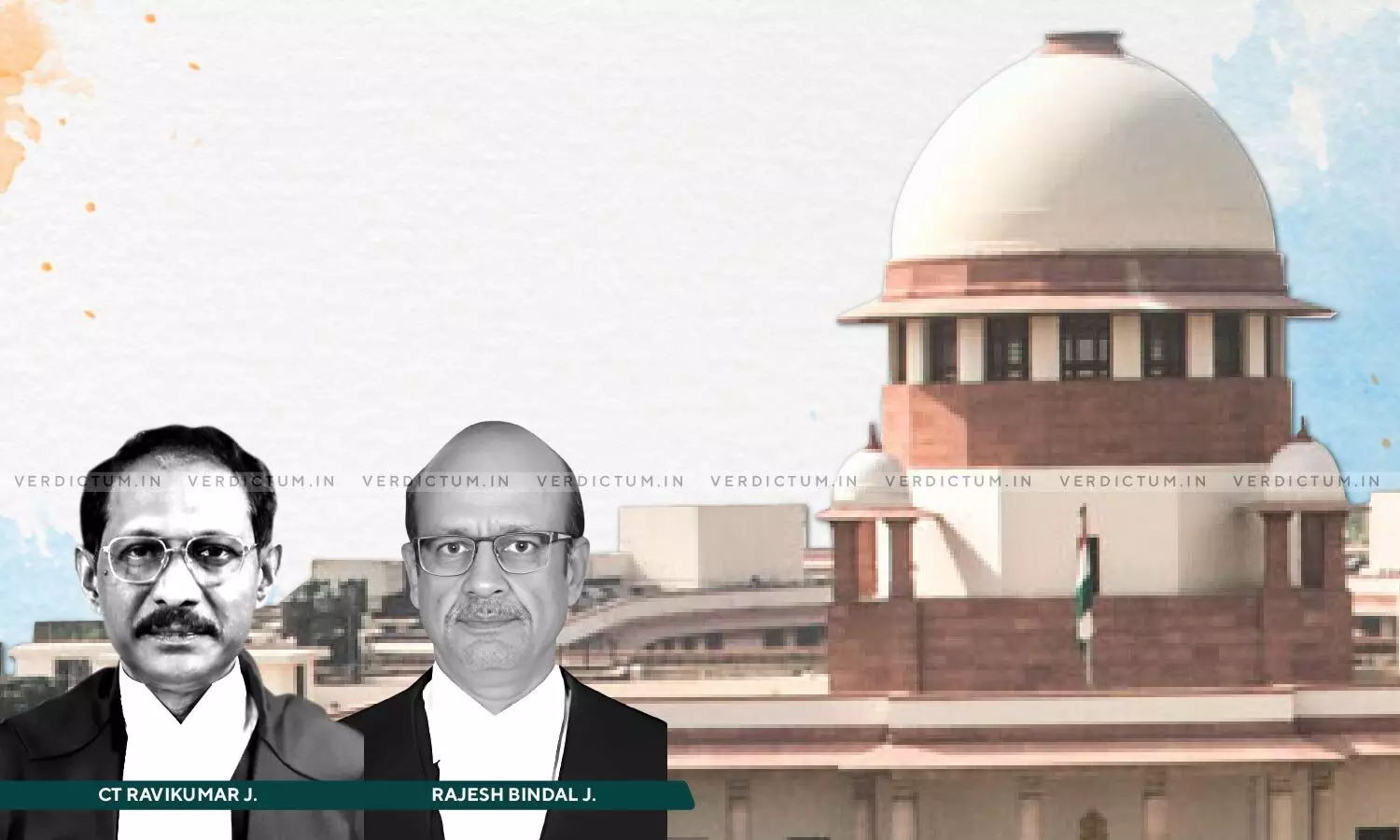
No Evidence Could Be Led Beyond Pleadings, Reiterates Supreme Court
 |
|The Supreme Court reiterated that the no evidence could be led beyond pleadings.
A suit for a property dispute was filed in the year 1999 which primarily revolved around the ownership of a property which was claimed to not belong to a joint family and had already been allocated to a specific branch of another family. One of the defendant had asserted that the property in question was allotted to him in a partition suit in the year 1984.
The Karnataka High Court had heavily relied on an oral partition allegedly conducted in 1965, which allocated certain properties exclusively to one of the defendants. However, The Supreme Court stated that the High Court had committed a grave error in placing reliance on an oral partition which was made in 1965 between the parties. The Court noted that there was no evidence to support the partition, and neither the plaintiffs nor the defendants had initially claimed such a partition in their pleadings.
Justice C.T. Ravikumar and Justice Rajesh Bindal observed, “There is no quarrel with the proposition of law that no evidence could be led beyond pleadings. It is not a case in which there was any error in the pleadings and the parties knowing their case fully well had led evidence to enable the Court to deal with that evidence. In the case in hand, specific amendment in the pleadings was sought by the plaintiffs with reference to 1965 partition but the same was rejected. In such a situation, the evidence with reference to 1965 partition cannot be considered.”
AOR Ankur S. Kulkarni represented the appellant, while Sr. Advocate Basavaprabhu S Patil appeared for the respondents.
The plaintiffs had attempted to amend their pleading to include the 1965 partition, but the same was rejected by the Trial Court, and the order was not further challenged. “The Trial Court, vide order dated 11.10.2006 rejected the application for amendment of the plaint. The aforesaid order was not challenged any further. Meaning thereby, the same attained finality as far as the case sought to be set up by the plaintiffs based on 1965 partition.”
The Court explained that the “plea sought to be taken by the plaintiffs regarding 1965 partition in the replication filed by them would not come to their rescue for the reason that the amendment application filed to raise that plea was specifically rejected.”
The Supreme Court explained that evidence cannot be introduced beyond the scope of pleadings, especially when attempts to amend those pleadings had been denied. Therefore, the Court dismissed the plaintiffs' attempt to raise the 1965 partition claim in subsequent filings.
Accordingly, the Supreme Court allowed the appeal.
Cause Title: Srinivas Raghavendrarao Desai (Dead) v. V. Kumar Vamanrao @ Alok & Ors. (Neutral Citation: 2024 INSC 165)
Appearance:
Appellant: AOR Ankur S. Kulkarni; Advocates M. Gireesh Kumar, S. K. Kulkarni, Uditha Chakravarthy and Shalaka Srivastava
Respondents: Sr. Advocates Basavaprabhu S Patil and V Chitambaresh; AOR Ankolekar Gurudatta, Purushottam Sharma Tripathi and E. C. Vidya Sagar; Advocates Shiv Kumar and Nihant Panicker